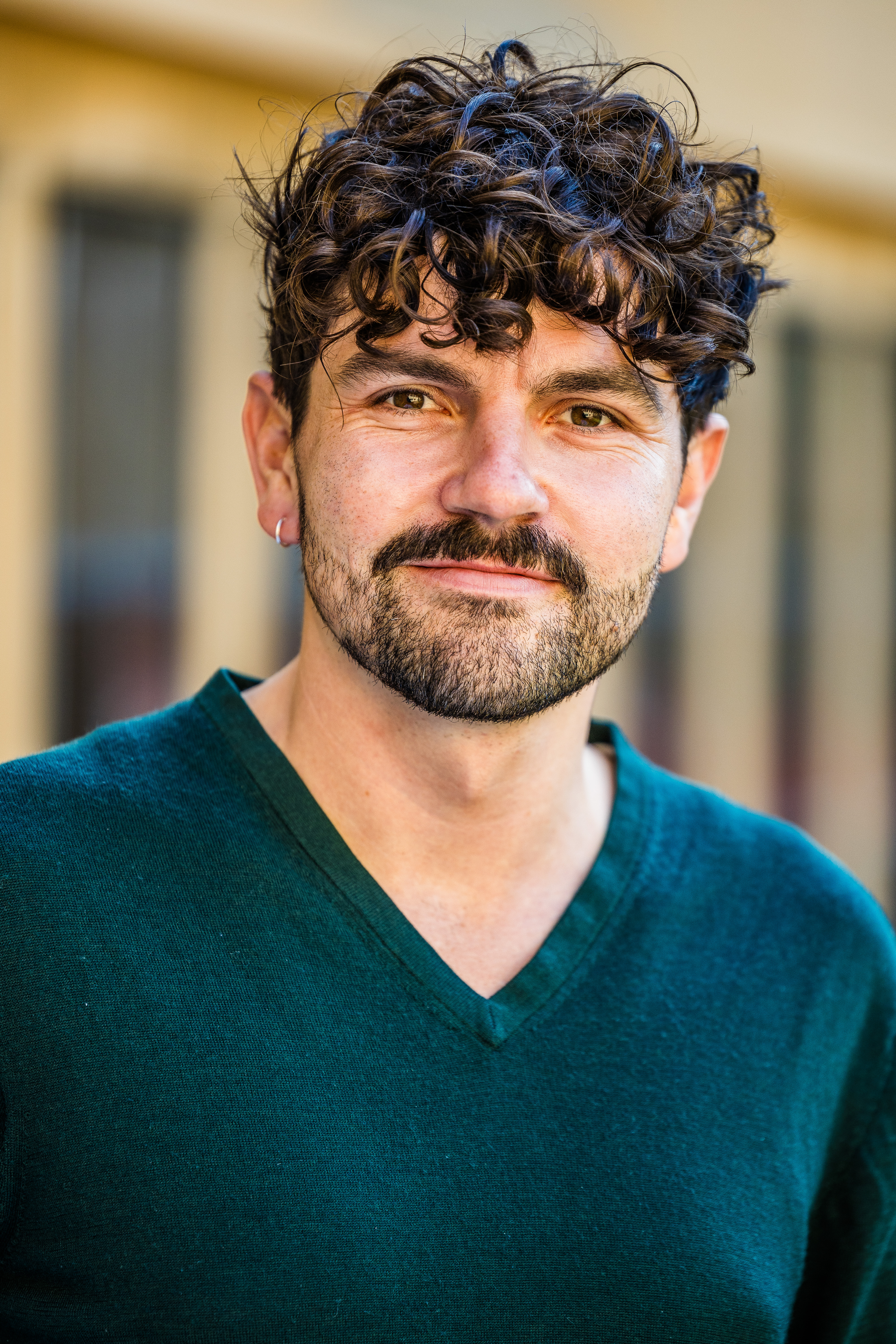Martin Gädecke
PhD Student in Sociology at Nuffield College, University of Oxford.
About me
I’m Martin, a Sociology PhD Student at the University of Oxford. My academic journey began at Humboldt University in Berlin, where I earned a Bachelor’s and Master’s degree in Social Sciences. It was during this time that I developed a strong foundation in quantitative research methods, particularly sequence analysis and life course research—tools that now play a central role in my work.
Originally from Berlin, I still hold a deep affection for the city despite now calling Oxford home. Outside Academia, I enjoy traveling, attending concerts, and pursuing photography as a creative outlet. While I’m an enthusiastic (albeit beginner) photographer, I occasionally share my work on my Instagram page.
Thanks for stopping by :)
My research
My research focuses on understanding fertility intentions and their evolution over the life course, with a particular interest in how individuals’ plans for having children are shaped and realized. Fertility intentions are key predictors of future fertility rates and have become a crucial area of study in affluent democracies, where many people express the desire for more children than they ultimately have. This gap has raised important questions about the postponement of parenthood, low fertility rates, and the structural and personal factors that affect these outcomes.
I approach this topic by taking a life course perspective, examining how fertility intentions change over time and how employment—particularly the interplay of partners’ incomes—influences whether these intentions are realized. Adopting a couples’ perspective, I focus on the Australian context, using longitudinal methods and sequence analysis to investigate gendered dynamics in fertility planning and realization.
My work is based on data from the Household, Income and Labour Dynamics in Australia Survey (HILDA), covering the years 2005 to 2019. This dataset allows me to explore nuanced questions, such as:
- How do childbearing plans evolve across the life course?
- What role does employment and income play in shaping or hindering the realization of these intentions?
- How do these dynamics differ for men and women in Australia’s socio-economic landscape?
Through my research, I aim to contribute to a deeper understanding of how fertility intentions interact with employment and income dynamics, shedding light on critical challenges in fertility behavior and gender equality.
